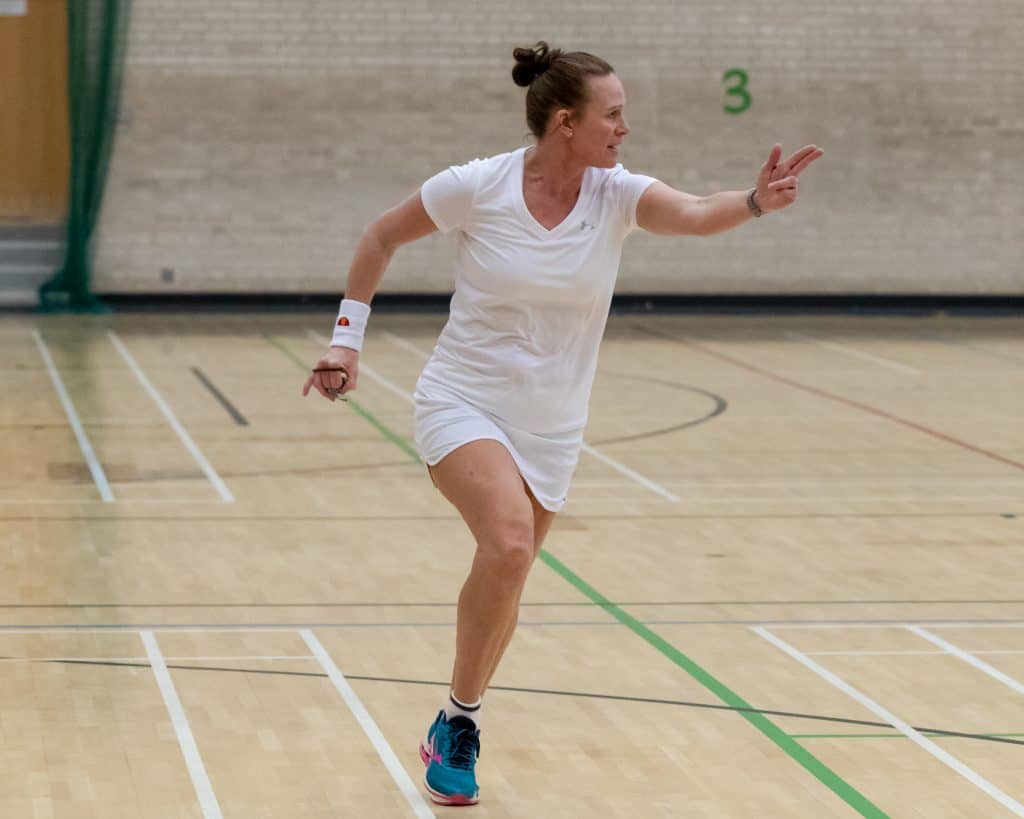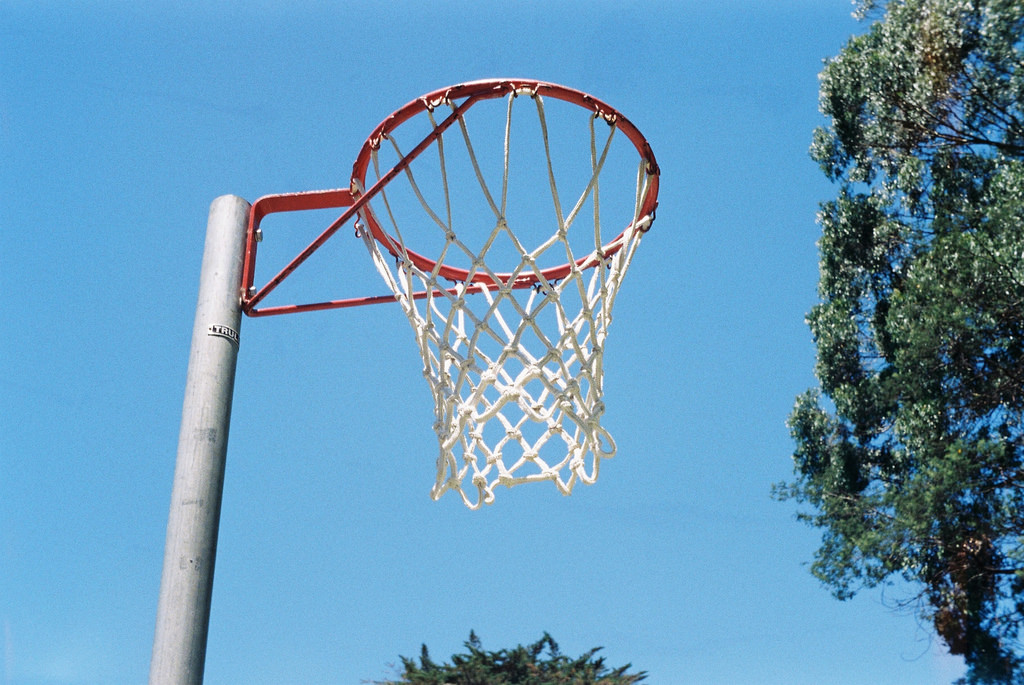It’s no secret that women in sports are severely underrepresented in all areas from the players to leadership roles, to board members. It becomes even more evident when we consider the prize money pay gap, particularly in football: where men receive £22,075,000, and women receive just £561,230. With a staggering £21.5 million difference, this is a prime example of the gender inequality in sport. This 2018 report from Women in Sport suggests that there needs to be a culture transformation to break down the barriers that women face in the sporting industry, as there are so many contributing factors that are embedded into our society. Starting conversations about inequality can help us to understand and abolish this backwards attitude, so that we can focus on encouraging and celebrating women in sport all over the world.
The theme for International Women’s Day this year is #BalanceForBetter, and, at Media Street, we think this presents a great opportunity for us to start a conversation we feel strongly about: the balance, or lack thereof, in sport. As Media Street are celebrating women in the local community this year, we chose to seek out a local woman in sport who has been incredibly successful in her field, to talk us through her career and her thoughts on sport gender equality. Julia Harvey has been a professional netball umpire and coach for over 30 years. After picking netball up in primary school at the age of 7, she has been heavily involved in the sport ever since. Julia plays in the local leagues, coaches a number of teams and has umpired the under 21’s superleague – the second highest level of netball in the UK – for the past three years. Netball is hugely popular across the world, and it’s great to see such amazing achievements from one of our local women. We hope her story and the work she does continues to inspire so many more young women in netball. 
“It all started when I was in primary school. The coach who took netball practice was a big influence on my love of the sport then and is still heavily involved now – she is still umpiring at the age of 73 in the local netball league! She is a great role model to me and my daughters, who have grown up loving netball as well.”
After gaining her first umpiring qualification (C award) when she was 18, Julia has been building her confidence by umpiring as many games as she could with encouragement from her umpiring mentor. She has since passed her B and A awards, which involved a lot of work but she is now qualified to umpire in the Premiership league. In terms of coaching, Julia worked for ten years in a primary school before moving to a high school to coach a range of girls from 11 to 16 years old at different abilities. She also coaches an under-12 team at a local club. Julia states that coaching the under-12s “has given me great pleasure and is an honour to coach the next generation. This level is the start for many of the girls who will go on to train further and play at a very high level, some of which have even played at a national level.”
“Definitely to my coach when I was at primary school and to my umpire mentor, both of who saw something in me when I was young to encourage me to go for every opportunity in netball. My family have also encouraged me to take all the opportunities where possible and been very supportive. I remember my mum taking me all over the place to play, from county games to having a National trial in Bath to potential play for the England team.” 
“Yes, the local league I umpire in are very supportive and contributed funds when I passed my A award. I love to see young and local umpires succeed in the sport and as my role in the local league is to give feedback to umpires, I feel like I am also a part of their success.”
“I do think there is now. It’s great to see the likes of football and rugby union having more females officiating at the top level, but this has only been recently and is still quite rare. Also, women are now playing top-level sport all over the world and their stories of success are appearing more often on the back pages of the national newspapers. “The media have started to show a lot more of women playing sport which I feel helps the younger generation and there are plenty of great role models that younger female players look up to.”
“When a major female competition is on, I think the media could show a lot more. Unfortunately, female sport is not seen as “as exciting as men’s sport” and not such a money-maker. Many females in sport do not get paid to participate and so players that compete in the Superleague in England often have to hold down another, “normal” job in order to ensure they can earn a living, even those who play for the England team.”
“I have two. The first one is when I had my England trial at the age of 20, and the second is umpiring my first NPL game, and still going at my age!”
This year for International Women’s Day, Media Street are celebrating women in the local community to start conversations about the need for more balance in a number of industries. We also recently shared a blog post where we interviewed our female staff, to find out about their career highlights and their views on International Women’s Day as a whole.